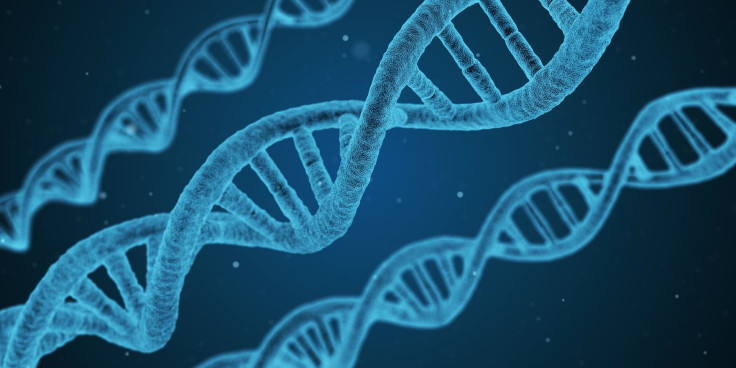Why Do Some People Get Autism? Genes Linked to Development Of Spectrum Disorder Also Improve Brain Power, Scientists Say

Is autism becoming more prevalent because it’s good for the future of humanity? New research suggests evolution is favoring the disorder: A study in PLOS Genetics says certain genetic mutations that are associated with an increased risk of autism were passed on during evolution because they are also associated with improved cognitive abilities.
According to the study, the researchers’ genetic analysis supports previous findings that people carrying autism genes tend to be intelligent, as well as findings about common traits between autism and high IQs — bigger brains that grow faster, better sensory and visual-spatial capabilities, and improved decision-making, to name a few.
Read: Air Pollution and the Risk of Autism
Based on what we know about evolution — the process through which a species passes on the genes that make their kind more successful while weeding out the negative traits — genes linked to psychiatric and developmental disorders should be part of that latter group, the study explains, “as they interfere with reproductive fitness.” But in some cases, they are not eradicated.
The most harmful genes that predispose people to autism, which the study refers to as “rare disruptive variants,” are indeed marked for removal. It’s the more common genetic mutations that have a smaller effect that are making it through the genetic gauntlet.
“It might be difficult to imagine why the large number of gene variants that together give rise to traits like [autism spectrum disorder] are retained in human populations,” co-author and genetics and neuroscience professor Joel Gelernter said in a statement from Yale University. “The idea is that during evolution these variants that have positive effects on cognitive function were selected, but at a cost — in this case an increased risk of autism spectrum disorders.”
Read: A Brain Scan for Autism
Ironically, although the autism-linked genes may be improving cognitive abilities of the population as a whole, when the genes combine in one person to result in autism, that person may have cognitive difficulties. One study that looked into brain connections in people with the disorder — most visibly marked by difficulty communicating or interacting with other people but also bringing emotional impairments and other symptoms — found that their brains were more symmetrical, and not in a good way. The left and right sides of the brain are supposed to serve different functions, with the left processing things in a more specialized and detailed way and the right in a more integrative way. That creates denser connections on the right side in a typical brain, but in autistic brains the connections were more evenly distributed. Whether that symmetry is the cause of cognitive impairments or the result of them remains to be seen.
See also:
© Copyright IBTimes 2025. All rights reserved.





















